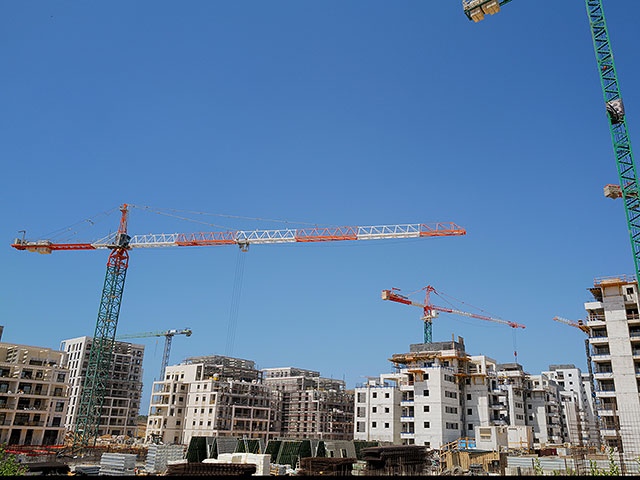According to data obtained by the law firm “Piron” through the Freedom of Information Act, a total of 11,142 protests were filed against decisions of municipal commissions from 2020 to 2023. These protests were submitted to six design and development appeal commissions. Out of these protests, decisions were made on 7,334 cases. The average time taken to issue a decision was 258 days, which is almost three times longer than the legal period of 90 days.
Currently, 3,808 protests are still being processed by the appeal commissions. The average processing time for these pending cases is 689 days, which amounts to almost two years. This delay in processing protests is causing frustration among the parties involved, as they are unable to receive timely decisions on their appeals.
One of the main issues leading to protests is related to the assessment of municipal tax on the increase in the value of real estate. This tax serves as the primary source of financing for infrastructure projects undertaken by municipalities. A total of 2,839 protests related to this matter were considered, with an average review period of 360 days. Furthermore, 3,249 protests of the same nature are still awaiting consideration, with an average review period of 713 days. This delay in resolving tax-related protests is hindering the progress of infrastructure development projects in municipalities.
In addition to this issue, other common reasons for protest include disputes over land use and zoning regulations, delays in issuing building permits and complaints about public works contracts.
The prolonged processing time for these appeals has led many parties involved in municipal development projects to become frustrated and disheartened. As such there have been calls for reforms that would streamline the appeals process and ensure timely decisions are made.
Overall it seems that while protesting against decisions made by municipal commissions can be an effective way for individuals and groups to voice their concerns it also comes with its own set of challenges such as long wait times and delays in issuing decisions that can hinder progress in development projects.



